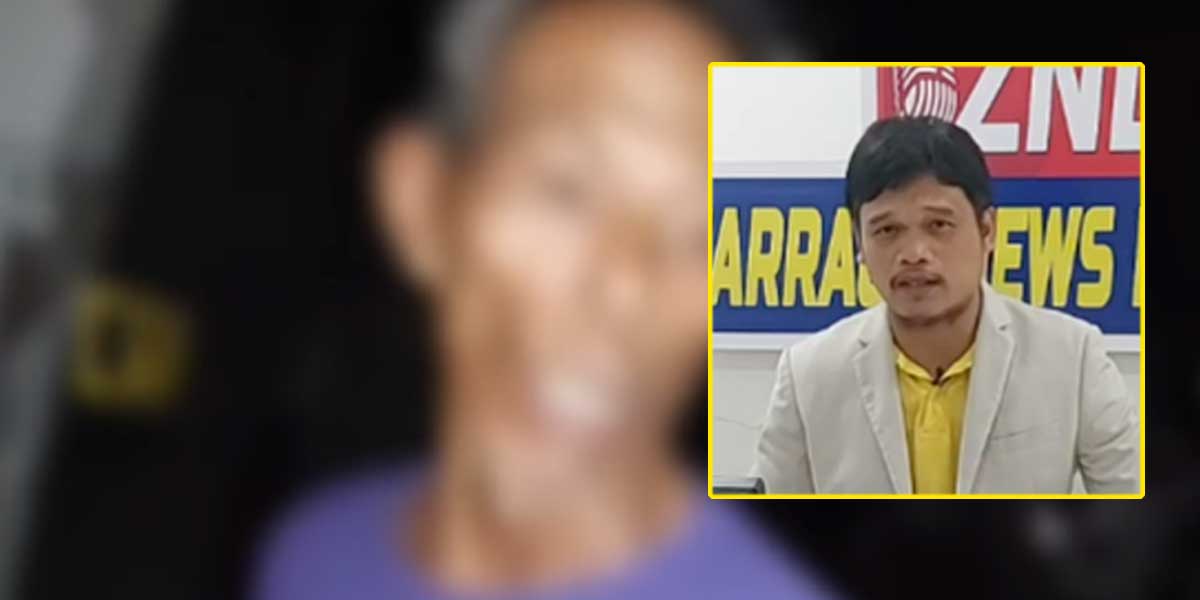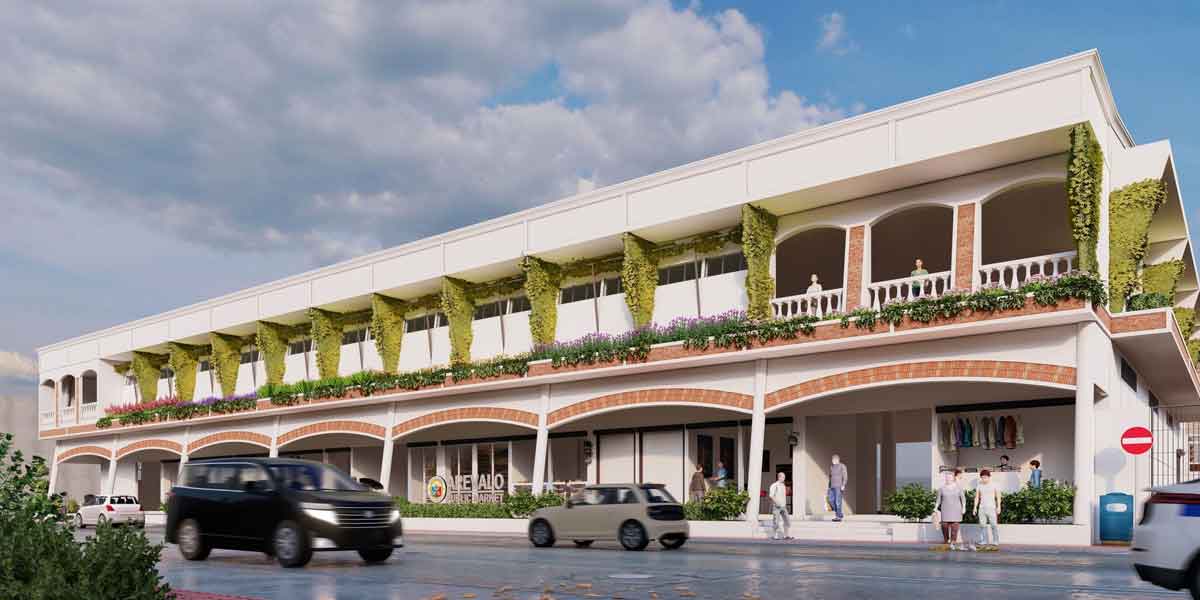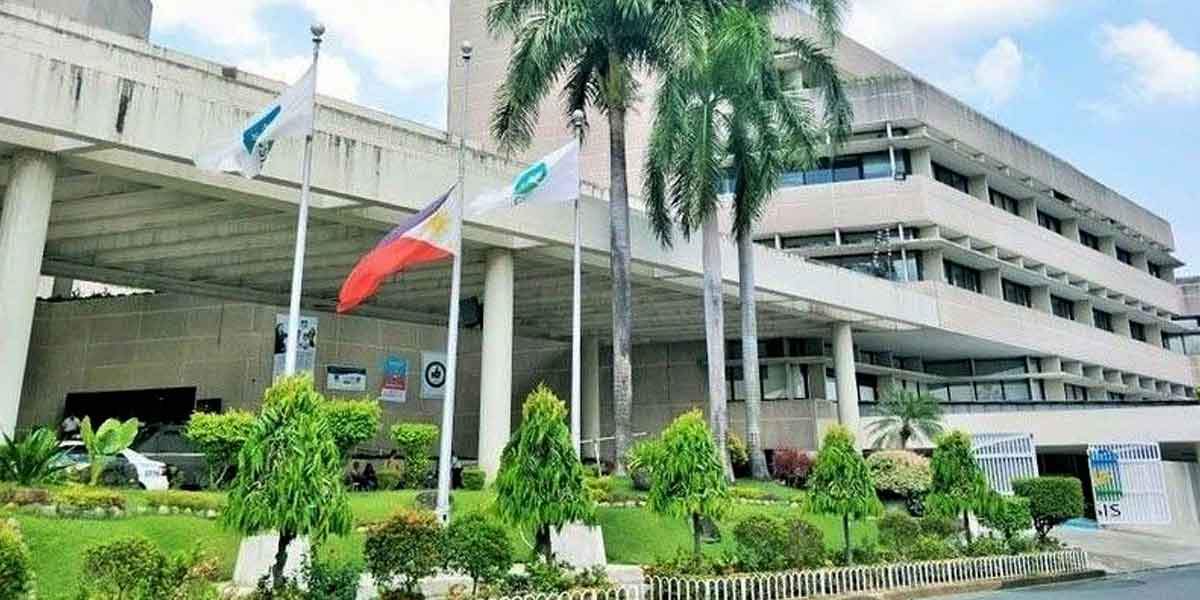By Emme Rose Santiagudo and Jennifer P. Rendon
Around 40 doctors from Western Visayas will be deployed to Cebu city to help fight the battle against the coronavirus disease 2019 (COVID-19) in the country’s new hotspot.
In a letter addressed to Department of Health (DOH) Usec. Abdulah Dumama Jr. on June 26, 2020, the Department of Health-Center for Health Development Western Visayas (DOH-CHD 6) said it will be deploying four batches of medical teams to augment the human resources for health in Cebu City.
“In the exigency of service and as per your directives, DOH-CHD Western Visayas will be deploying medical teams composed of ten medical doctors in four batches as augmentation to human resources for health to Cebu City in response to the increasing cases of Covid-19,” Dr. Marlyn Convocar, DOH-CHD 6 regional director, said in the letter.
This was also confirmed by Dr. Sophia Pulmones, head of the Local Health Support Division of DOH-CHD 6, who said that majority of the doctors to be deployed are under the Doctors to the Barrios (DTTB) program and under the post residency deployment program.
“Based sa na-agreehan, it will be four batches of nine to ten doctors per batch. Kalaban sa ila DTTB, kag ang iban under post residency deployment program,” Pulmones told Daily Guardian in a phone interview on Sunday.
DTTBs are deployed to “doctorless” areas or in other areas with existing doctors hired by the local government units (LGUs), according to Pulmones.
DTTBs are usually deployed to rural communities, particularly in geographically isolated and disadvantaged areas where communities of thousands have limited access to a doctor.
Meanwhile, doctors under the post residency deployment program are those being deployed in district hospitals to help augment the existing human resources for health.
According to Pulmones, the areas for deployment of the 40 doctors have not yet been determined.
“Wala pa man mabal-an kon sa diin ang ila mga hospitals of deployment. Ibutang pa ina sila sa specific memorandum of agreement (MOA), sa subong wala pa may nabaton kon diin ila possible deployment,” she said.
Pulmones said they are still waiting for the department personnel order from the DOH Central Office.
The MOA on the deployment of the doctors are also still awaiting signatures.
“It was stated in the MOA nga ang deployment because may ara kita state of calamity as declared by the President sa bilog nga Pilipinas and with the ongoing community transmission kay damo gid ya cases sa Cebu,” she added.
The MOA also stated that part of the function of the doctors will be to assist during disasters and health emergencies and in this case, augment the human health resources in Cebu, Pulmones added.
Concepcion Mayor Raul Banias told Daily Guardian that their DTTBs will also be deployed to Cebu.
“DOH will be taking our doctors to the barrios. We will be handicapped without the doctors,” Banias said.
But according to Pulmones, the DTTBs in “doctorless” areas will not be pulled out and deployed in Cebu.
“Sa pag-temporary pull-out sa mga DTTBs, ang mga areas ya nga wala gid doctors, indi man naton sila pagpull-out. Kon wala gid sila doctor, kag amo lang ina siya ang DTTB sa ina nga banwa so indi naton siya pag ipull-out,” she said.
The DDTBs particularly, Batches 36-ALAB and 37-MANDALA, opposed their deployment to Cebu.
In a statement, the group strongly condemned the directive of the health department deploying them in Cebu City on the premise that the involved doctors have not been suitably informed through writing.
According the group there was also no proper consultation with the stakeholders prior to the directive; detailed guidelines and protocols to protect the doctors in this temporary reassignment are also not provided.
“The absence of proper communication, justifying the temporary reassignment of rural health physicians serving in Geographically Isolated and Disadvantaged Areas (GIDAs) to serve in private hospitals in Cebu City is a clear violation of the Magna Carta of Public Health Workers.”
In the absence of such consultation, the group said the DOH failed to provide clear protocols to safeguard and protect the DTTBs who will temporarily render service in private hospitals.
“No clear information regarding the DTTB’s safety, protection, lodging, insurance, and specific duties have been provided. The likelihood that the services rendered by public servants will be abused by private institutions increases because of the lack of clear guidelines for their protection. No proof of agreement between private institutions and the DOH were made available for discussion among all parties involved.”
The group reiterated that DTTB program was created primarily to address the need for doctors in the rural communities, especially in Geographically Isolated and Disadvantaged Areas.
“Removing a DTTB from a municipality, albeit temporarily, will deprive healthcare to thousands of Filipinos in already marginalized communities. If we further clip the already short human resources for health in GIDAs, we perpetuate the existing inequities in access to healthcare that the DTTB program wishes to address.”


















